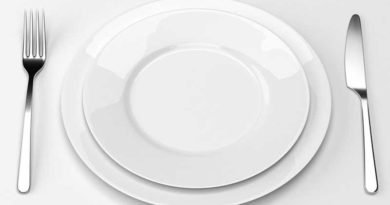The Calorie theory is everywhere, and wrong
I keep a pile of newspaper articles to blog when I get 5 minutes. I kept one from 28 September about a book written by Brian Wansink – something like “Why we eat more than we think.”
Strategy number 1 (out of 8 ) in the book was “Just ten extra calories a day – one stick of gum or three jelly beans – will make you a pound heavier in a year.” As this is nearly Panto season, I can say “Oh no it won’t“! This is the single biggest dieting of myth of all. It comes from the idea that a) 1lb = 3500 calories (it doesn’t) and b) if you eat 3500 more calories you will gain a pound (you won’t) and if you eat 3500 fewer calories you will lose a pound (you won’t).
I will be blowing this apart in a forthcoming book. In the meantime, if this worked, dear readers, an average woman surviving on weight watchers 20 points, would lose 104lbs each and every year (that’s 7 stone, 6 lbs). The formula makes no allowance for how much anyone has to lose (it also ignores fat vs lean tissue vs water, but we’ll keep it simple for now). So, the formula says that I could start doing weight watchers (20 points) weighing 8 stone and I will weigh 8lbs this time next year. I don’t think so!
Whatever you believe about dieting, please throw away the idea that, to lose 1lb of fat you need to create a deficit of 3500 calories. Stop Counting Calories & Start Losing Weight explains what will happen instead and how you will be transformed into a hungry, food addict, with a slower metabolism and lost lean tissue in no time.




You forget that you need to continue reduce the amount of calories as you lose weight. In other words, a calorie reduction of 100 kcal could mean that you would be able to eat 2000 kcal when you weigh 80 kg but only 1800 kcal when you’ve lost 10 kg. Because of this a reduction of 10 kcal wouldn’t matter in the long run since you need to continue to reduce the amount of food as you lose weight.